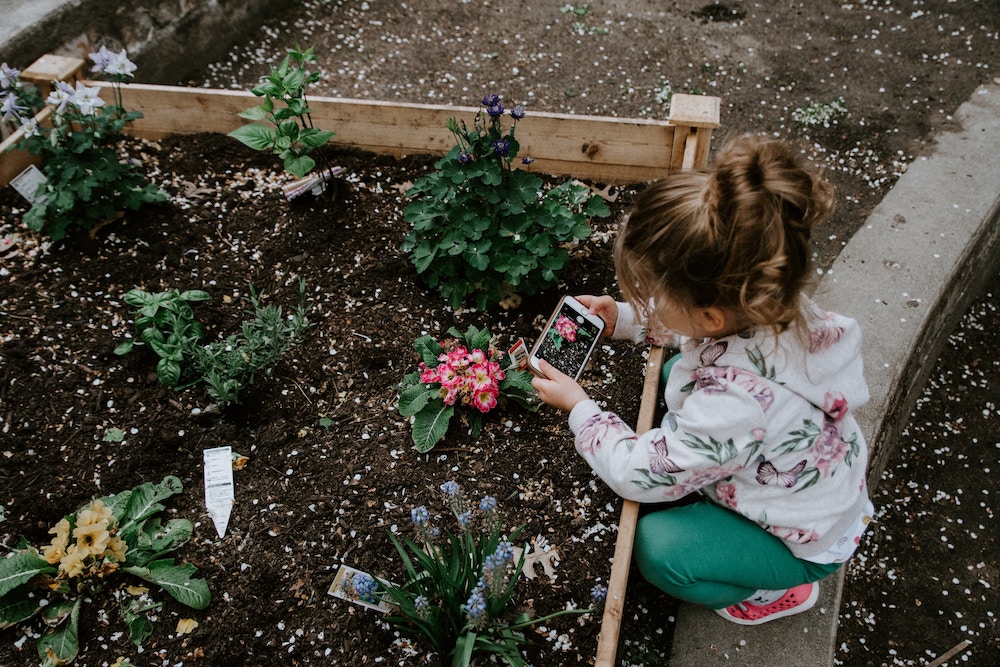Can Smartphones Be Addictive?
Today, over half of American children own a smartphone by the age of 11. This number jumps to 84% for teenagers, whose lives are shaped by continual phone usage. Originally intended as a simple tool for communication with parents and friends, the young person’s phone has evolved into a staple for daily life, making video games, social media, and video streaming services available at their fingertips.
Unsurprisingly, this 24/7 access to media, games, and friends has created the potential for addictive behavior. An article from Harvard describes the neurological effects of regular smartphone usage; dopamine, the chemical released when we eat good food or navigate successful social interactions, is released during the seemingly endless stream of likes, comments, notifications, and text messages associated with phone use. The dysfunction of the brain’s reward pathways – those that distribute dopamine throughout the brain – is also a hallmark of substance use disorders and behavioral addiction alike. Today, a meta-analysis from London points to a disturbing rise in addictive behaviors related to phone use.
Problematic Smartphone Usage
A systematic review from researchers at King’s College London reveals a shocking statistic: around one in four children with phones exhibit “problematic smartphone usage.” This is further described by experts as “behaviors linked to smartphone use that resemble features of addiction.”
Within their findings, researchers list examples of these problematic behaviors, including:
- Feeling panicked if the device runs out of battery (“dies”)
- Neglecting more important things to use one’s smartphone
- Having others complain about how much one used one’s phone
- Experiencing an intense urge to use one’s phone
- Continuing to use one’s smartphone, regardless of how it affected other areas of life (sleep, schoolwork)
In addition to these displays of addiction, the compiled studies found that young people who exhibited these behaviors were more likely to report symptoms of poor mental health such as depression, difficulty sleeping, and anxiety.
Managing Your Child’s Phone Use
Many parents express concern about their child’s screen time, whether associated with smartphone use or hours in front of the television or computer. Fortunately, this is easily monitored and controlled when the proper steps are taken.
If your child is only beginning to exhibit problematic smartphone usage, it is important to intervene before the problem worsens. Set actionable standards and goals so that you will be able to quantify their screen time. If you’re not measuring how long they are on their devices (or if you don’t have an understanding of what success looks like), it’s difficult to create and enforce rules.
Next, be sure that you consider what comes before smartphone use. Ask yourself these questions:
- Do you want to ensure they complete homework assignments before using their devices?
- Is it important that they practice an instrument or skill by a certain time?
- Do they need to complete chores or other responsibilities around the house first?
- Are you concerned that they’re up all night on their phones?
Consider setting reasonable hours for phone usage or standards that must be met for the privilege of screen time. By ensuring that it is a goal and not a guarantee, your child will not spend all of their idle time on their smartphone by default.
These rules may change over time based on several factors, including the maturity level of your child, your personal values surrounding screen time, and the use of parental controls or other features.
Is My Child Addicted to Their Smartphone?
For some parents, the option of reducing smartphone use seems altogether impossible. Their child may spend every second of free time scrolling through a news feed or posting photos, and it is possible that they react badly to a phone being confiscated for even brief periods of time. It may also be the case that their child needs their device to contact their parents while outside of the home. In these instances, professional intervention is recommended.
Pine Grove Behavioral Health and Addiction Services provides weekly outpatient technology addiction treatment for teens between the ages of 13 and 17. The program is facilitated by a clinical psychologist along with a psychiatric mental health nurse practitioner. Group members learn the necessary skills to develop healthy, normal relationships with their smartphones that is in balance with their lives.
To learn more about technology addiction treatment, contact Pine Grove today by dialing (888) 574-4673. Our friendly admissions staff will be standing by for your call.

